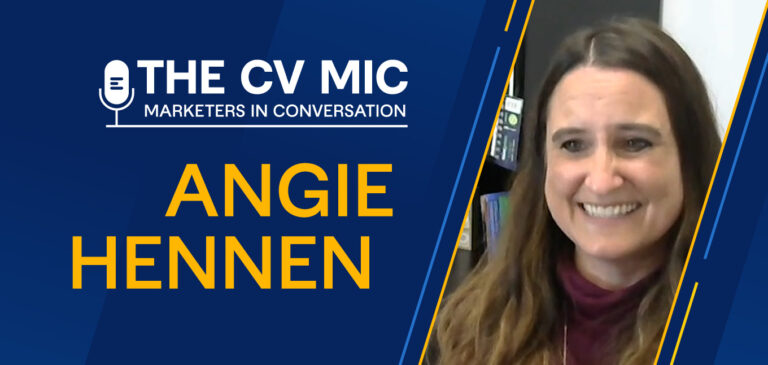#GrowthGoals: One content creator’s forage into the podcasting space. A blog series exploring the well-intentioned attempt of a content creative to learn about a new trade.
Podcasts come in many shapes and sizes these days, and as someone wanting to create one, I figured studying the structures of different podcasts could help inform me about what I wanted for my own.
Common podcast structures that fit nicely into a genre:
Conversational thematic talk show
Most podcasts fall into this format, where there are one or two hosts raising a question about a societal problem, a concern about a place or situation or a topical issue to explore. ‘Ear Hustle’ raises questions about the life of people incarcerated at San Quentin State Prison or those transitioning out of incarceration.
Similarly, ‘Hidden Brain’ or ‘Freakonomics Radio’ offers expert guests conversant in topics of mind matters or economics respectively. Episodes range from 30-40 minutes interspersed with music, environmental sounds, and interviews.
True crime
These highly popular podcast series often run between 8-10 episodes of 45-50 minutes in length each. Most involve a narrator who interviews a detective, some family members and other “witnesses” emblematic of the nonfiction genre. The stories unravel in a part-audio-memoir-part-investigation-manner.
An example of a true crime series worth listening to is ‘The Clearing,’ where the daughter of a murder suspect calls a detective to tell him she thinks her dad was behind several cold cases. The audio includes eerie self-recordings of murder suspect Edward Wayne Edwards trying to rewrite his own history as a redemption story.
Mission-driven, reported journalism
Similar to the true-crime-story-telling model, these pieces of investigative reportage capture stories within an 8-to-10 episode series, though they tend to be 30-40 minutes per episode.
An exemplary piece is ‘Caliphate,’ a podcast that follows New York Times reporter Rukmini Callimachi as she tracks former ISIS members and the fall of Mosul, asking the question: Who are we really fighting?
Then, some podcasts define themselves:
- ‘10 Things That Scare Me‘ compiles 10 things from 10 people per one-minute podcast on the topic of what freaks people out. Over the course of the podcast, Paula Szchuman, Vice President of New Show Development for WNYC Studios, said the show has interviewed more than 100 people. As part of her job in developing new content, the podcast format remains a creative space.
- ‘A Woman’s Smile‘ sounds like a conversational 20-30-minute talk show, but its genre-bending format flows from a conversation between two women in La Jolla, Calif., into one-acts of comedy, satire, fiction and autobiography. If you don’t listen carefully, you might get a little lost and confused, but topics can be so salacious, you don’t want to miss anything.
- ‘7-Minute Job Interview’: A podcast for job seekers looking for work, resume tips and career advice packed into seven minutes. The host builds on his personal experience and examples to give listeners support on finding a job fast.
After studying the formats and structures of different podcasts, it became clear that podcasts remain an open canvas for creators. More than a third of marketers say podcasts are avenues of content they’d like to explore.
“At Spotify, we look for shows that appeal to our audience of Gen Z and Millennials. But the talent or the story always has to be at the center of it,” said Liz Gateley, Head of Creative Development at Spotify Studios.
In discovering new podcasts, she’s also looking for innovative formats. Spotify recently started an astrology podcast that offers horoscopes every day in short segments and signed a daily show of hot takes that make up a seven-minute podcast.
Figuring out the format and mechanics of different types of podcasts opened me up to endless possibilities.
Yet questions remained:
- To host or not to host my own podcast? Did I have enough personality to pull off hosting a show?
- Biographical or reportage? Was I comfortable enough sharing my story with an intimate audience or would I still maintain the facade of “unbiased and objective“ journalism as I was trained?
- What about a straight-up fictional series, a true throwback to the heyday of radio?





